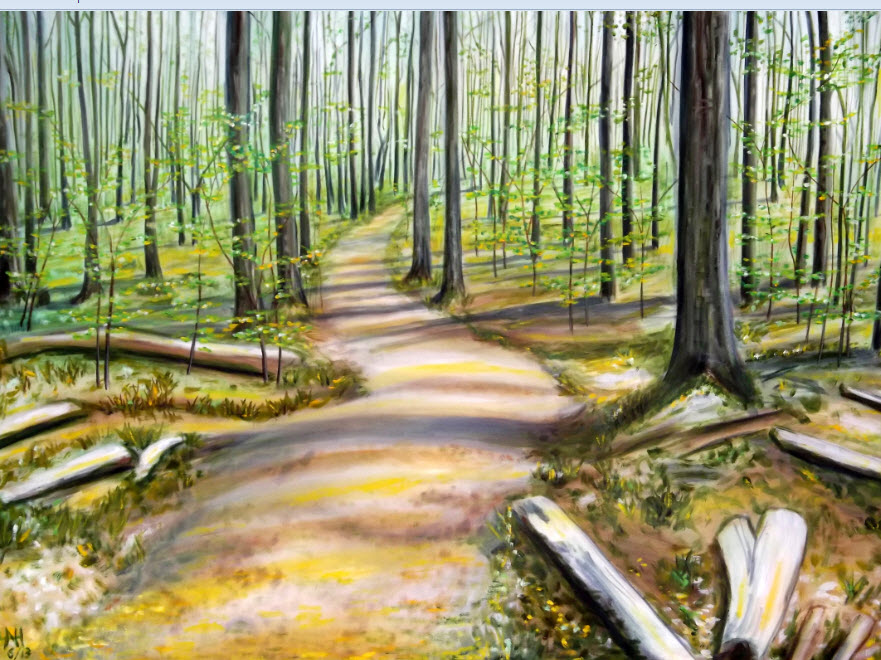
Everyone has memorable or favorite songs. When we hear them, we are instantly transported back to a time in our lives, sometimes to a specific period in our lives, like the senior year of high school, or even a specific day, like that first night with that special girl by the camp fire.
I noticed that when I hear such a song, I instantly mind-travel back to that period, or season, or day, when I first heard the song, or when it was popular on the radio. Some of the associations are so vivid, I can smell the air, I can see where I drove when I heard the song, sometimes as long as 40 years ago.
So I did something that I could not have done only ten years ago: I made a list of 50 songs that had special meaning to me. Predictably, many of those were songs that were popular in my youth and younger years when I tended to be more into music. To refresh my memory, I sampled collections of hit songs in some of the target years, and favorites jumped out at me that I had forgotten about.
Then I went on iTunes and bought the collection one song at a time (unless I already had it on CD somewhere). There are no artists with two songs on the list. I just picked the top 50. I called the playlist “Nostalgia.” When I play that list, in random order, I can literally mind-travel, jump around over the years and decades, and imagery of long past events flash bright in front of me, feelings and moods come to life, and the people of those days are suddenly around again – copies of their former selves, of course.
My mind always ponders mathematical implications. I realize that my list is unique in the universe. If a million other people all picked their own top 50 favorite songs and called the list “Nostalgia,” every list would be different. I’d venture to say that if I asked any random person about their list, I might not find a single one of my songs on their list. Yet, every one of us would have those unique, personal experiences when mind-traveling down memory lane.
Why can music do this to us? How is the melodic word, propped up by rhyme and rhythm, able to create such powerful associations in our heads to recreate the smells, the feelings, the places we lived when we were first imprinted with these songs?
Modern human evolution covers only a very short time span, perhaps 200,000 years, perhaps much less. Until very recently, like only a few centuries ago, knowledge and experience had to be transmitted from one person to another, from one generation to the next, by spoken and most likely sung words. Music and poetry may well have evolved to be so important in our experience now because it helped package knowledge and experience by creating associations. It’s easier to remember a poem that rhymes and is associated with a melody than it is to remember just spoken words. Those of our ancestors that were able to make those powerful associations and benefited by surviving and passing on those skills were the ones whose tribes survived through the ages. That’s probably also why we have songs that get stuck in our heads. We call them earworms.
Our brains are not good at remembering strings of numbers or words. But they are excellent at recognizing patterns, like seeing faces in tree bark or angels in clouds or animals in the stars of the night sky. When smells, images, feelings about people and places, come together with sounds, rhymes and rhythms – in short music – then magic is created.
That magic can now fuel the trips down our memory lanes unlike any generation before us could – because we have playlists to arrange them, iTunes to buy the songs from, and YouTube to trigger our memories about periods or things we have forgotten. The Nostalgia playlist is like the shoebox of photographs in the attic on steroids.

